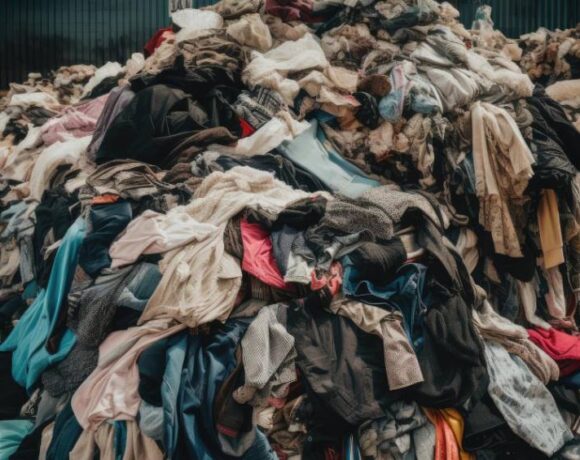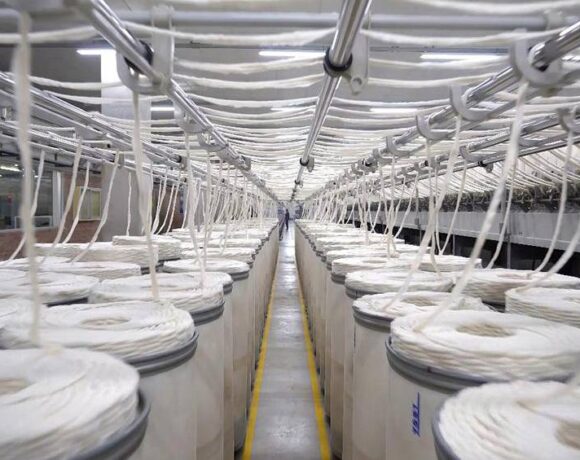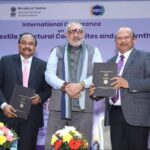Greenpeace: Fast Fashion Pollutes Ghana

A new report by Greenpeace Africa and Greenpeace Germany, titled “Fast Fashion, Slow Poison: The Toxic Textile Crisis in Ghana,” has highlighted the severe environmental and public health impacts of discarded clothing from the Global North on Ghana. The report reveals that the influx of fast fashion into Ghana is causing significant damage to local ecosystems and communities.
Key Findings:
- Air Pollution: Air samples from public washhouses in Accra’s Old Fadama settlement show dangerously high levels of carcinogens such as benzene and polycyclic aromatic hydrocarbons (PAHs).
- Plastic Pollution: Infrared testing of discarded clothing indicates that nearly 90% are made from synthetic fibers like polyester, contributing to widespread microplastic pollution.
- Environmental Degradation: Textile waste is overwhelming natural habitats, polluting rivers, and creating ‘plastic beaches’ along the coast.
Hellen Dena, Greenpeace Africa’s Pan-African Plastics Lead, emphasized the urgency of the situation: “This report is a wake-up call. The toxic waste dumped in Ghana is a glaring example of environmental injustice by the Global North. Fashion brands and governments must take immediate responsibility for the damage their waste causes in countries like Ghana.”
Report author Sam Quashie-Idun added: “The fast fashion industry is not just a fashion issue—it’s a public health crisis. The clothes we tested are literally poisoning the people of Accra.”
Quashie-Idun also criticized the situation as a neocolonial practice: “The Global North profits from overproduction and waste while countries like Ghana suffer. It’s time for a global treaty to address this imbalance and protect communities from the harm caused by fast fashion.”
Greenpeace Africa is calling for both immediate and long-term actions:
- Ban on Textile Waste Imports: The Ghanaian government should legislate against the importation of non-reusable textile waste. Only wearable clothing should be imported.
- Extended Producer Responsibility (EPR): Fashion brands must be accountable for the entire lifecycle of their products, including waste disposal and recycling.
- Support for Local Solutions: Development of a sustainable local textile industry in Ghana to manage waste and create economic opportunities.
Greenpeace Africa urges the Global North to collaborate with Ghana to develop fair, sustainable solutions that avoid the legacy of exploitation.















